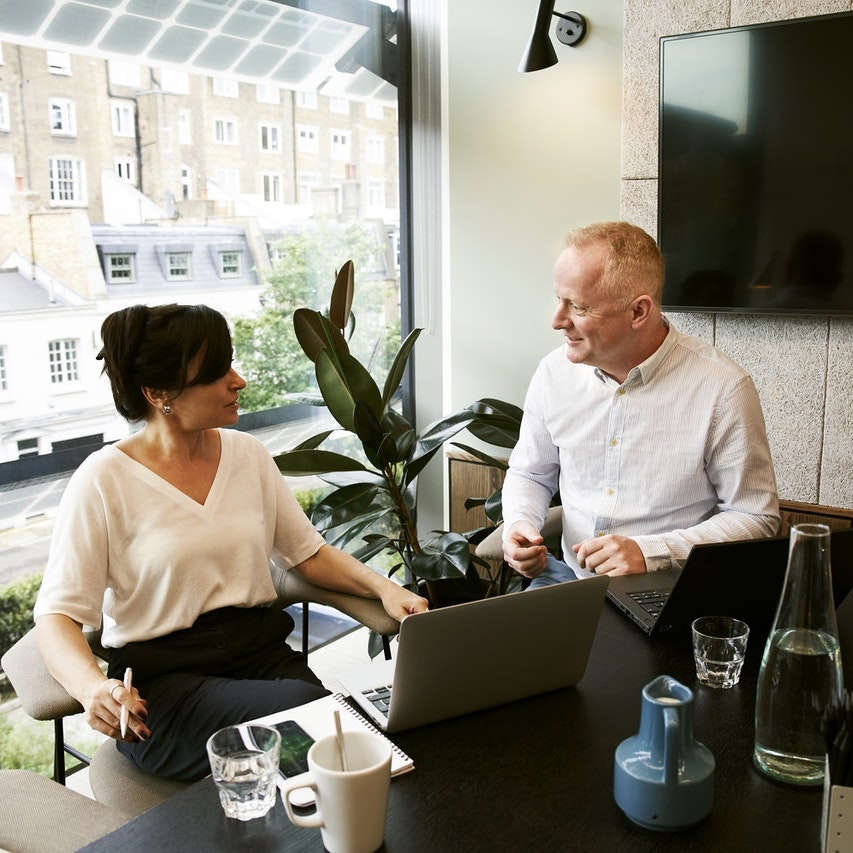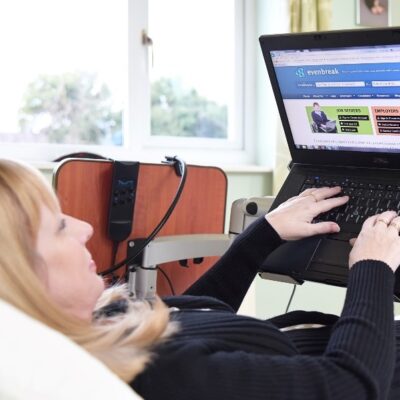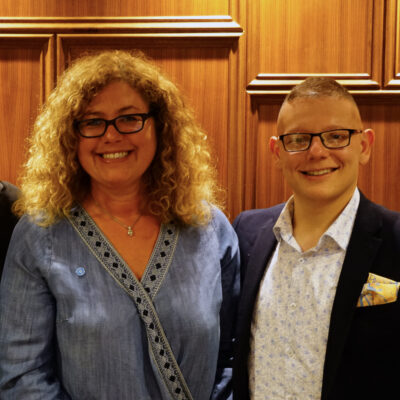What is a mentor?
Mentoring is often linked in with coaching and with counselling, with being a champion of someone else, and with being a role model. There is nuance between these different things but they’re very related.
What does a mentor do?
They can help because you’re learning from somebody else’s experience. They’ve had an experience of something; it doesn’t mean it’ll be your experience, but they can help you to consider options and to look at things in a different way.
They can also help you work something out for yourself. Coaching often works like this – with open ended questions – but mentors can do that too. You often know the answer but you need time to sit down and to think about it and to be asked some of those challenging questions that you’ve been avoiding.
It’s somebody there to encourage and support you and to believe in you at those times when maybe you don’t believe in yourself. It’s someone who will say “you can do this” and give you that sense of belief. Even if you don’t believe in yourself at that point, it’s somebody else who believes in you and that can be completely invaluable.
They should help you grow, help you take opportunities and help you to become the best version of yourself.
How can I find myself a mentor?
First try and figure out what it is you want to get out of it and the type of person (maybe you have a specific person in mind) you want as a mentor because that’s going to help you narrow down who to approach.
The second thing is to ask. People are really nervous about asking somebody to mentor them but you can do it gently.
I often find a really good approach is to ask somebody to meet you for a coffee first. You can tell them there is something you admire about them or that you love something they wrote and that you would love to take them for coffee and just ask them for a bit of advice about a certain something.
Most people don’t say no – people love to be asked for advice. Then, if you get on – and you want to check that they are as good as you think they are – and you want them to mentor you, then ask. The worst they’re going to say is no.
If they do say no and can’t mentor you, they may well be able to recommend somebody else and you’re almost certainly going to have got something useful out of that conversation anyway.
How to manage the relationship
Mentors get as much out of these relationships as mentees do. One of the ways you can get the most out of your time with a mentor is by really committing to it.
Prepare for the meetings and value the time. The more you put into it, the more you’ll get out of it. Be explicit about what you want out of it and give them feedback. They want it to be useful to you as much as you do. If you establish that up front, that’s much easier to do.
Also agree up front how that relationship is gonna work. How long is it going to last? Are you going to have a check in point after three months to see how it’s going for both of you? Are you going to only communicate in person or are you going to email in between? If you agree those things upfront, you’ll feel more confident in using your mentor.
Charly Young is the co-founder and CEO of The Girl’s Network, which provides mentors for girls from the most disadvantaged communities to instil confidence and open up a sense of possibility for their futures.
Charly shared her thoughts on mentoring during a webinar for the Queen’s Commonwealth Trust, which connects and funds young leaders working to change the world. You can watch the webinar here.
Charly has also had several mentors herself, including John Frieda, who she met through the Human Lending Library. If you’d like a mentor, take a look at who we’ve got to offer here.
Photo by The Coach Space from Pexels



